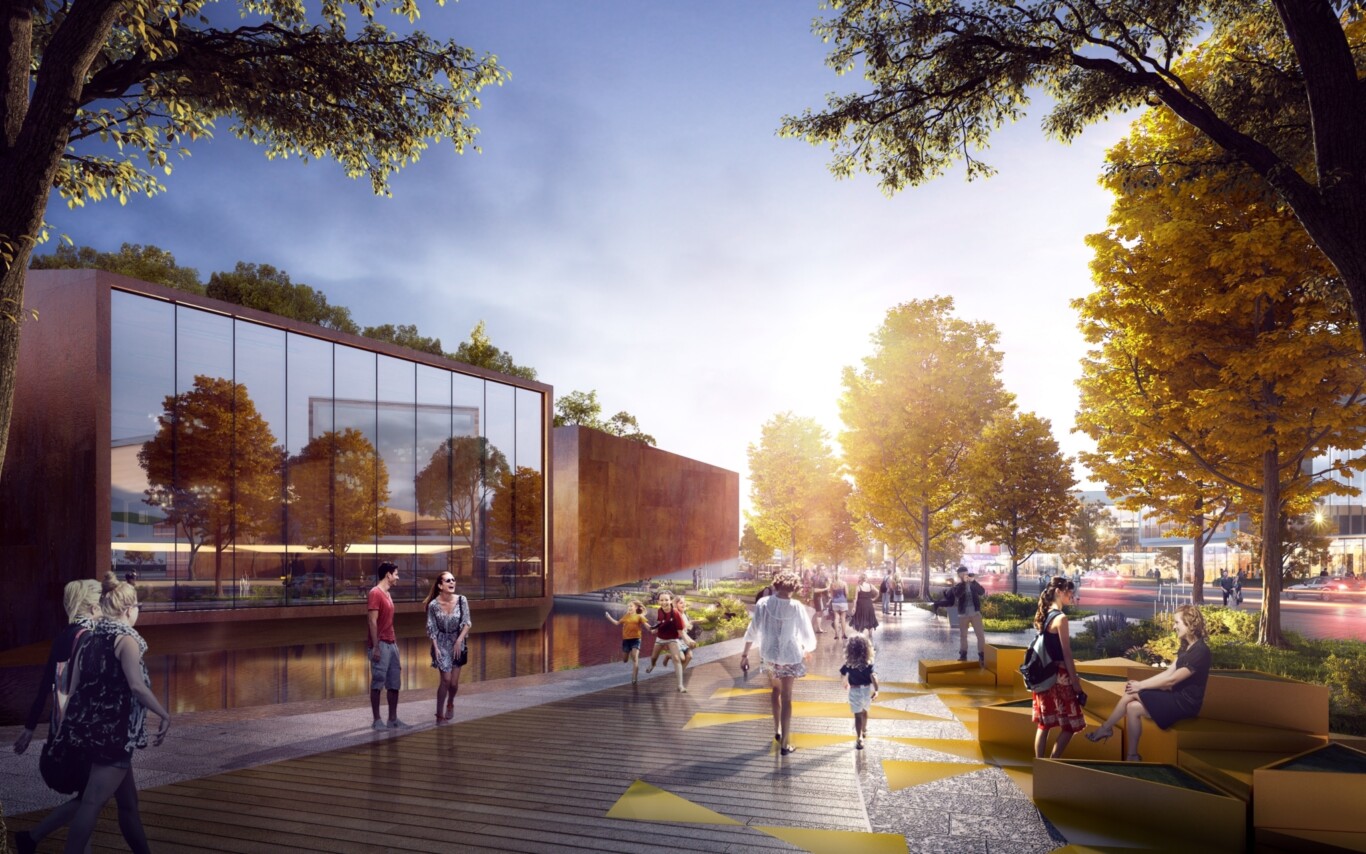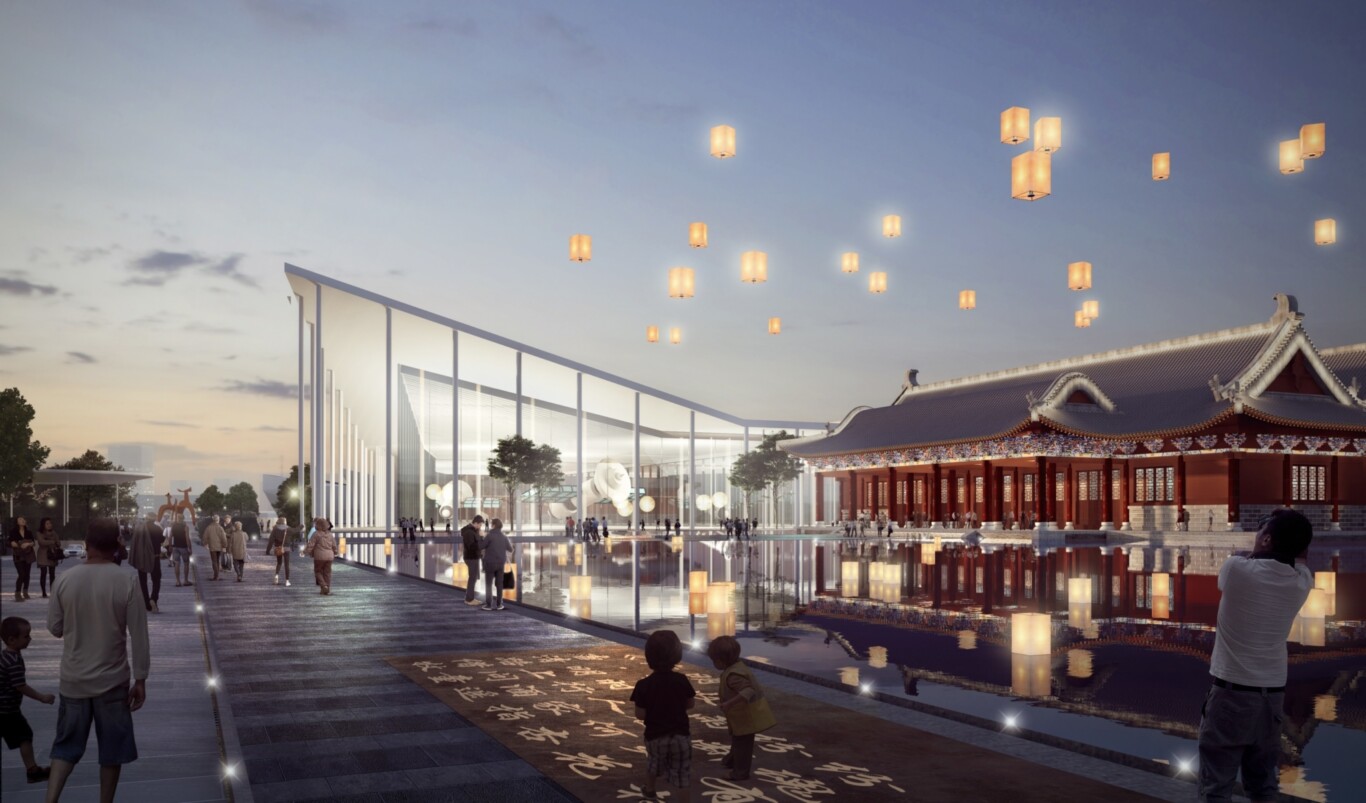
New Insight paper on the crucial urban placemaking role of people-centred public spaces
With towns and cities around the world becoming increasingly crowded as the global population grows, our urban public spaces are becoming more and more vital for allowing people to breathe and to feel a sense of escape, whether through exercise, socialising, interacting with nature or just not feeling hemmed in by the built environment.
Senior Architect and Urban Designer Bianca Anastasiu, from our Shanghai studio’s Urban Planning team, has written a very interesting Insight paper about how the public space strategy can determine the success or failure of an urban masterplan and about the detailed contextual understanding required to conceive and deliver appropriate and vibrant public spaces for each location.
Good urban design is not just about creating buildings; it’s also about creating the best possible environment between and around those buildings in which their occupants and users to thrive. No building is unaffected by the wider context within which it sits, and that context can be crucial to the fortunes of the development in the long term.
Successful and sustainable urban masterplans create a successful sense of place by providing public spaces and amenities rather than by trying to wring profits from every square metre.
It is a fundamental principle for Chapman Taylor that the places we design should be people-centred, providing space in which occupants and visitors enjoy spending time and which provides somewhere to which they will want to return. In this way, we can ensure the resilience and economic success of built environments while also treating their users as human beings, not mere economic units. For this reason, we believe that the space between buildings can be just as important as the buildings themselves.
To read Bianca’s paper, please click here.
Good urban design is not just about creating buildings; it’s also about creating the best possible environment between and around those buildings in which their occupants and users to thrive. No building is unaffected by the wider context within which it sits, and that context can be crucial to the fortunes of the development in the long term.
Successful and sustainable urban masterplans create a successful sense of place by providing public spaces and amenities rather than by trying to wring profits from every square metre.
It is a fundamental principle for Chapman Taylor that the places we design should be people-centred, providing space in which occupants and visitors enjoy spending time and which provides somewhere to which they will want to return. In this way, we can ensure the resilience and economic success of built environments while also treating their users as human beings, not mere economic units. For this reason, we believe that the space between buildings can be just as important as the buildings themselves.
To read Bianca’s paper, please click here.
